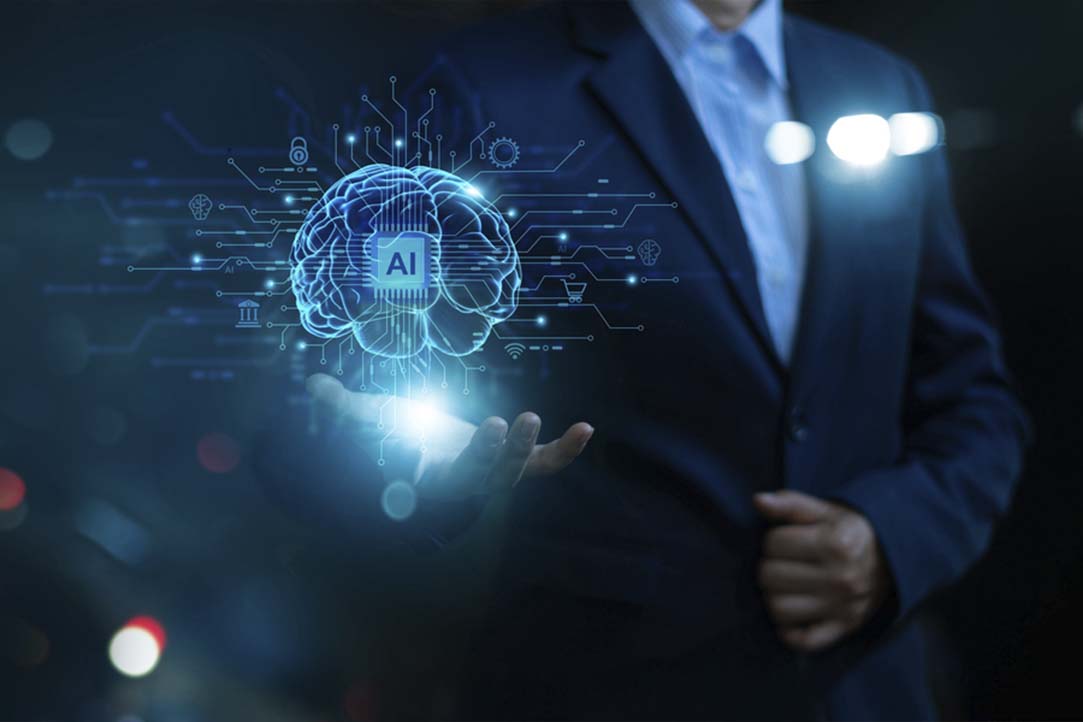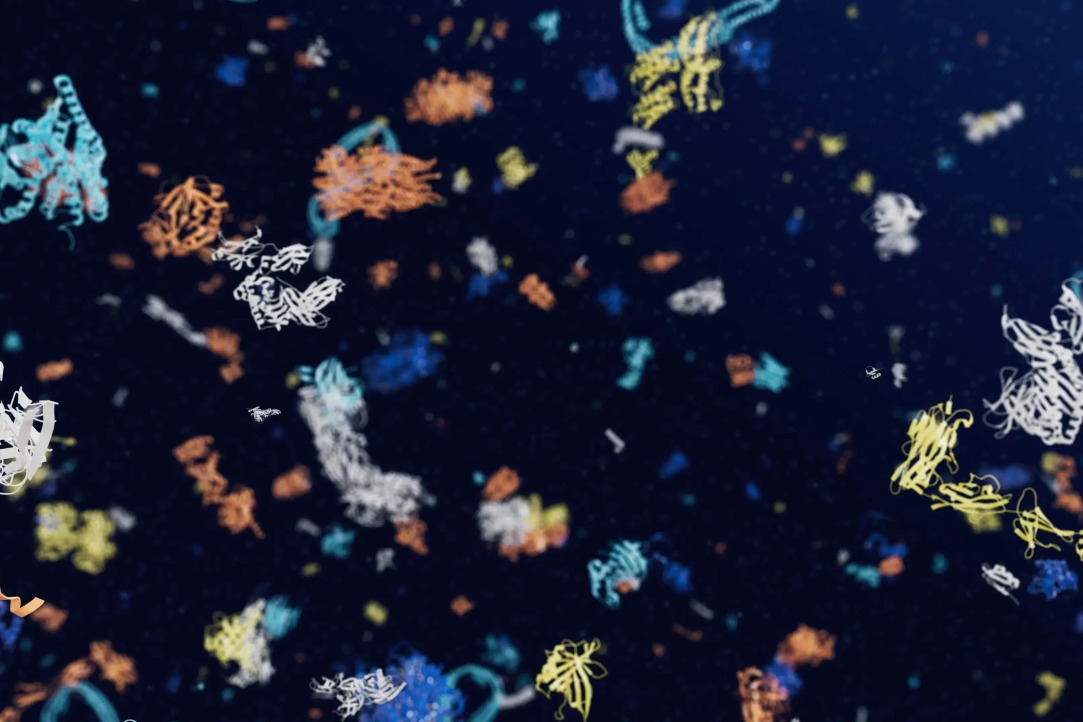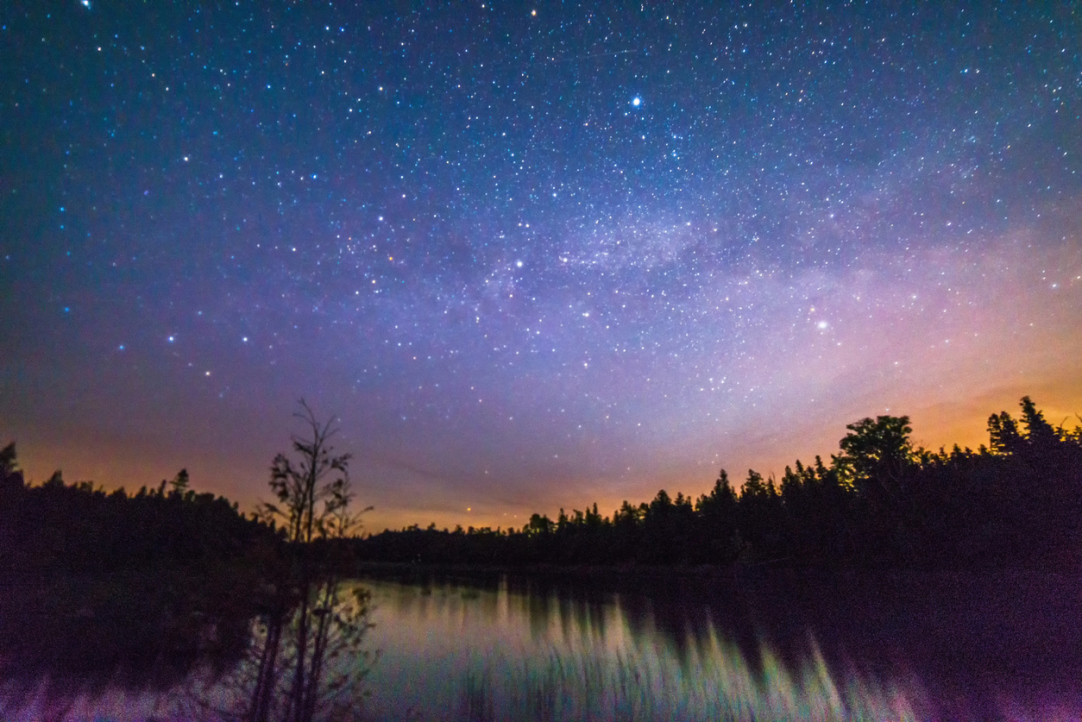In their paper published in Science in 2021, a DeepMind team showed how neural networks can be used to describe electron interactions in chemical systems more accurately than existing methods. A team of researchers from Skoltech, the Zelinsky Institute of Organic Chemistry, HSE University, Yandex, and Kyungpook National University show in their comment in Science that DeepMind AI’s ability to generalise the behaviour of such systems does not follow from the published results and requires revisiting, the Skoltech website says.


.jpg)



.jpg)

